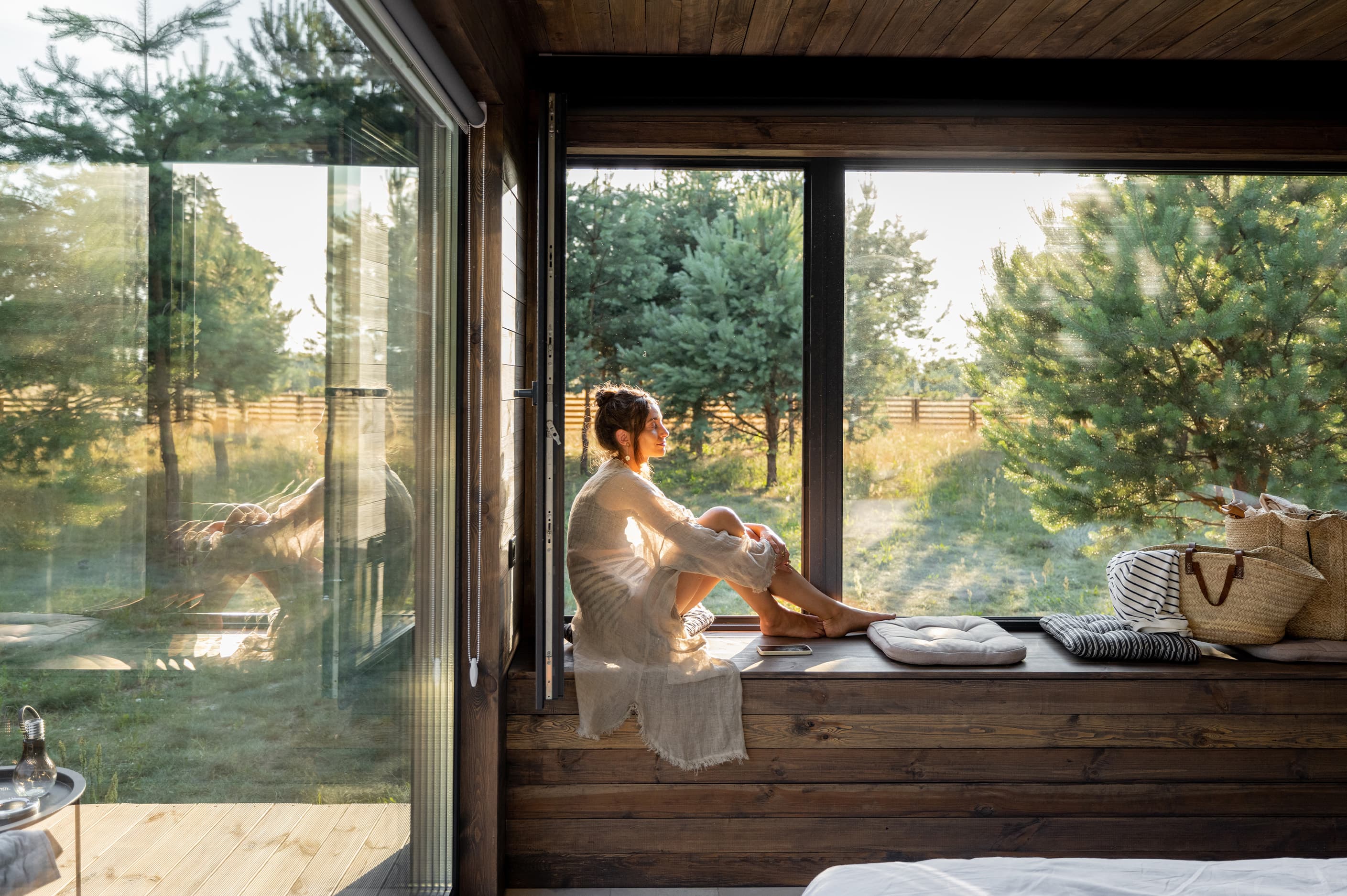Safety and guest screening
Hosting with Confidence: How to Screen Guests and Keep Your Property Safe
Worried about who you're hosting? Learn how to screen guests effectively, set boundaries that protect your property, and create a safe environment for both you and your visitors.

Hosting with Confidence: How to Screen Guests and Keep Your Property Safe
When you open your home to short-term guests, you’re not just offering a space to sleep, you’re sharing your property, your belongings, and your peace of mind. While most guests are respectful and kind, it only takes one bad experience to create stress, financial damage, or lost time.
That’s why smart guest screening and safety practices are essential. This article guides you through simple ways to stay in control, avoid risk, and host with confidence.
1. Start with a Strong, Clear Listing
The screening process begins before a guest even sends a booking request. Your listing sets the tone for who books your space. If it’s too vague or overly casual, you may attract guests who are not aligned with your expectations.
Use your description to communicate boundaries in a friendly but firm way. Mention noise policies, guest limits, and local rules. This acts as an invisible filter, attracting guests who understand your standards and respect your home.
2. Use Platform Tools to Your Advantage
Most booking platforms offer features to help you avoid risky bookings. But many hosts skip them or don’t know they exist. Take time to activate the tools that give you more control.
For example, on Airbnb, you can require government ID verification, profile photo uploads, and guest reviews from past hosts. You can also set booking restrictions like minimum age or limit guests who have no prior ratings.
These options make it easier to trust the people staying in your home and reduce last-minute surprises.
3. Trust Your Gut During Conversations
Pre-booking messages are your chance to get a feel for the guest. You’re not just answering questions, you’re learning how they communicate, how prepared they are, and how respectful they seem.
Pay attention to vague answers, reluctance to share trip details, or pushy behaviour. A polite guest will gladly answer simple questions about their stay. If something feels off, it’s okay to decline. Trusting your instincts is part of being a good host.
4. Set House Rules That Protect Your Space
House rules are not just a formality, they are your safety net. When done right, they prevent issues before they start.
Clearly outline your rules in your listing and welcome guide. Cover things like no parties, no smoking, quiet hours, visitor limits, and pet policies. If you use smart locks or security cameras outside the home, make sure this is included and visible.
Enforcing rules is much easier when expectations were made clear from the beginning.
5. Install Smart Safety Features for Peace of Mind
Technology offers simple ways to add an extra layer of protection without making guests feel watched. Smart devices help you monitor your home discreetly while still respecting privacy.
Use a smart lock to track entry times and avoid lost keys. Install a doorbell camera at the main entrance, place a noise sensor inside common areas, and use smart lighting to give the impression someone is always home between stays.
These tools help you stay informed and act quickly if something goes wrong.
6. Limit Risks with Booking Settings
Booking settings are often overlooked, but they play a big role in your safety strategy. Avoid allowing instant bookings from guests with no reviews, especially for high-risk dates like New Year’s Eve or local festivals.
Use minimum and maximum night rules to prevent party bookings or one-night risks. You can also block same-day reservations if you don’t have time to properly prepare or screen a guest.
A few small tweaks in your calendar can prevent big headaches down the line.
7. Have a Backup Plan if Things Go Wrong
Even with perfect screening, things can happen. A backed-up sink, a damaged item, or a rule violation doesn’t have to ruin your hosting experience — as long as you’re prepared.
Make sure you understand your platform’s host guarantee or insurance options. Keep records of guest communication, photos of your space before each stay, and a process in place for handling issues quickly.
Hosting safely is not just about prevention, it’s about knowing what to do when something unexpected comes up.
Final Thoughts: Safety Is the Foundation of Great Hosting
Being a great host means being a prepared one. When you take time to screen guests, set boundaries, and protect your space, you create an environment where guests feel welcomed and you feel in control. This leads to smoother stays, better reviews, and fewer sleepless nights.
You don’t need to be paranoid to be protected. A few smart systems, clear communication, and good instincts go a long way. Hosting can be rewarding and secure — and you deserve both.
Like this article? Feel free to share it.
Need a human touch?
Our in-house experts are just a call away. Whether you’re stuck on pricing, unsure about your listing, or just need an opinion — we’re here to help you make smarter moves and feel more confident along the way.
Dive deeper
Huswell maximizes your property’s potential—without the hassle.
We handle listings, reservations, and revenue optimization
—so you can enjoy the benefits of ownership stress-free.

